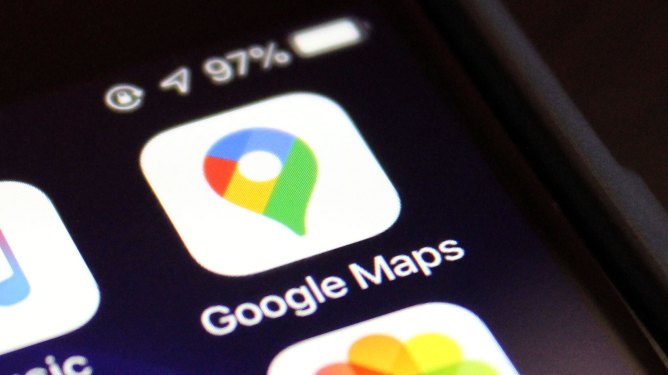Meta is looking to leverage advertiser outrage in its battle with Apple over in-app purchase fees by announcing that it will soon pass on Apple’s 30% service charge to its customers. In an announcement, the social networking giant explains that starting later this month, advertisers who want to pay to boost a post in the Facebook or Instagram iOS app will now be billed through Apple, where this additional charge will now be levied.
Meta had apparently been skirting Apple’s rules with the pay-to-boost option, as the company notes it’s now required to “either comply with Apple’s guidelines, or remove boosted posts from our apps.” As it obviously doesn’t want to do the latter, it’s simply upping the cost of those in-app purchases so the impact on its own bottom line won’t suffer.
Advertisers can avoid the upcharge by paying to boost posts from the web on either Facebook.com or Instagram.com, which works in both desktop and mobile browsers. But Meta understands that customers won’t see this as a convenience — in-app purchases are the easiest way to transact on Apple’s devices. So for those who choose to use in-app purchases, they’ll now have to pay more for the privilege.
The company likely hopes that raising the price for boosts on iOS will help generate outrage that will aid it in its broader efforts to disrupt Apple’s stranglehold over the iOS app economy. Meta, like other tech giants, including Epic Games, Spotify, Match and others, wants to offer its own payment systems in its apps, and not be required to use Apple’s in-app purchases, which results in a 30% commission on its in-app sales. The company is among those pushing lawmakers and regulators to change how Apple does business. By passing on Apple’s 30% charge to the thousands of small business advertisers on iOS, it may have a few more allies in its war with Apple.
In addition, the shift to Apple’s in-app purchases will mean that advertisers have to pay upfront, instead of after their boosted posts run, as before. This will require them to add prepaid funds to their accounts to draw from for a boost, Meta explains, which incurs the 30% fee. Adding funds to their account from the web, however, will not include the fee.
The changes will initially apply to Meta’s apps in the U.S. but will roll out to other markets later this year.
Meta and Apple have been increasingly at odds as Apple expanded its advertising business, cutting into Meta’s revenue. With the launch of App Tracking Transparency, which allows consumers to opt out of having apps track them, Meta lost advertising market share as Apple’s grew. The company also long argued that Apple’s ATT would cut into its ad revenues, warning investors that “headwinds” from ATT would impact its own ability to monetize through advertising. Meta has since recovered from the fallout from ATT, having just tripled its profit in Q4, and announced its first-ever dividend.
The social networking giant was also among those that criticized Apple for its compliance with the new EU regulation, the Digital Markets Act, with CEO Mark Zuckerberg telling investors that Apple’s DMA rules were “so onerous” he doubted any developer would opt in.
Apple later responded to Meta’s criticism with a statement shared with the Apple news outlet, 9to5Mac, where it noted the App Store had always required in-app purchases for digital goods and services, and that it had worked with Meta to give the company time to comply with its guidelines.
Updated, 4:20 pm et with Apple’s response.






